The Man United vs. Liverpool rivalry is one of the most intense and historic in world football. This clash of two footballing giants has captivated fans for over a century, producing some of the most memorable moments in the sport’s history.
A Bit of History
The rivalry between these two English clubs has its roots in the industrial revolution, with both cities emerging as major industrial centers. The football clubs that emerged from these cities quickly became symbols of their respective regions. The rivalry intensified in the late 19th and early 20th centuries, as both clubs established themselves as dominant forces in English football.
The 1960s and 1970s saw a period of intense competition, with both teams winning multiple league titles and European trophies. The rivalry reached new heights in the 1980s and 1990s, with Sir Alex Ferguson’s Manchester United and Liverpool’s iconic teams led by players like Kenny Dalglish and Steven Gerrard.
Key Moments and Rivalries
The 1999 Champions League Final: One of the most dramatic matches in football history, Manchester United completed a historic treble by defeating Bayern Munich in the final.
The 2009 Champions League Semi-Final: A thrilling two-legged tie that saw Manchester United eliminate Liverpool on aggregate.
The 2021-22 Premier League Season: Liverpool inflicted a humiliating 5-0 defeat on Manchester United at Old Trafford, one of the most one-sided matches in the history of the rivalry.
Key Players and Managers
Sir Alex Ferguson: The legendary Manchester United manager who dominated English football for decades.
Kenny Dalglish: A Liverpool icon who led the club to numerous titles as both a player and a manager.
Steven Gerrard: One of the greatest midfielders of his generation, known for his passion and commitment to Liverpool.
Cristiano Ronaldo: A Manchester United legend who scored numerous goals against Liverpool.
Mohamed Salah: A modern-day Liverpool hero who has tormented Manchester United in recent years.

The Psychological Battle
The psychological battle between the two clubs is as intense as the on-field action. Fans and players alike feel a deep-seated rivalry, and every match is a battle for bragging rights. The rivalry has produced countless memorable moments, from heated on-field confrontations to passionate celebrations.
The Impact on English Football
It has helped to popularize the sport both domestically and internationally, attracting millions of fans around the world. The rivalry has also driven both clubs to invest heavily in their teams, leading to increased competition and higher standards of play.
Key Factors Driving the Rivalry
Historical significance: Both clubs have rich histories and have achieved numerous successes.
Geographical proximity: The two cities are relatively close, fueling intense local rivalry.
Passionate fan bases: Both clubs have dedicated and passionate fan bases that create a vibrant atmosphere at matches.
High-profile players: Over the years, both clubs have attracted some of the world’s best players, adding to the intensity of the rivalry.
As the rivalry continues to evolve, it will undoubtedly continue to produce memorable moments and captivate fans around the world.
Music and Popular Culture
Songs and Anthems: Both sets of fans have produced countless songs and chants to express their passion and rivalry. These songs often feature witty lyrics and catchy tunes, and they are a staple at football matches.
Music Videos: Music videos featuring players from both clubs have often referenced the rivalry, adding to its cultural significance.
Literature and Film
Books: Numerous books have been written about the rivalry, exploring its history, key moments, and cultural impact.
Films and Documentaries: The rivalry has been the subject of several films and documentaries, highlighting its significance in English football and popular culture.
Social and Cultural Impact
Community Identity: The rivalry has shaped the identity of both Man United vs Liverpool, with fans often defining themselves by their allegiance to one club or the other.
Economic Impact: The rivalry has a significant economic impact on both cities, generating revenue through ticket sales, merchandise, and tourism.
Global Reach: The rivalry has a global reach, with fans from all over the world following the two clubs and their matches.
The Psychological Impact on Players
Motivation: The rivalry can serve as a powerful motivator for players, pushing them to perform at their best.
Pressure: The intense scrutiny and expectation can put immense pressure on players, leading to increased anxiety and stress.
Emotional Intensity: The emotional intensity of the rivalry can lead to heightened emotions on the pitch, sometimes resulting in aggressive behavior.
The Role of Social Media
Social media has amplified the intensity of the rivalry, providing a platform for fans to express their opinions and engage in heated debates. While social media can bring fans closer together, it can also exacerbate tensions and lead to online abuse.
To mitigate the negative impacts of the rivalry, both clubs and fans should strive to promote sportsmanship and respect. By fostering a positive and inclusive atmosphere, we can ensure that the rivalry remains a source of passion and excitement, rather than division and hatred.
The Future of the Rivalry
As the two clubs continue to evolve, the rivalry between Manchester United and Liverpool is likely to remain one of the most intense in world football. Both clubs have ambitious plans for the future, and it is clear that the battle for supremacy will continue for many years to come.
Man United vs. Liverpool rivalry is a timeless classic that continues to captivate fans around the world. It is a rivalry that transcends football and has become a cultural phenomenon. As long as these two clubs exist, the rivalry will endure, providing fans with endless excitement and drama.
FAQs
What are the historical roots of the rivalry?
The rivalry’s origins can be traced back to the Industrial Revolution, when both cities were major industrial hubs. The clubs’ rise to prominence in the late 19th and early 20th centuries, coupled with geographical proximity and fierce competition for domestic and European titles, further intensified the rivalry.
How did the rivalry evolve in the 1980s and 1990s?
The 1980s and 1990s were a golden era for the rivalry. Sir Alex Ferguson’s dominant Manchester United side clashed with Liverpool’s iconic teams led by managers like Kenny Dalglish and Rafa Benitez. Players like Roy Keane, Paul Scholes, Steven Gerrard, and Robbie Fowler became central figures in these intense battles.
What is the significance of the 1999 Champions League Final?
Manchester United’s dramatic 2-1 victory over Bayern Munich in the 1999 Champions League final is one of the most iconic moments in football history. The late goals from Teddy Sheringham and Ole Gunnar Solskjaer secured a historic treble for Manchester United, cementing their dominance under Sir Alex Ferguson.
To read more, Click Here


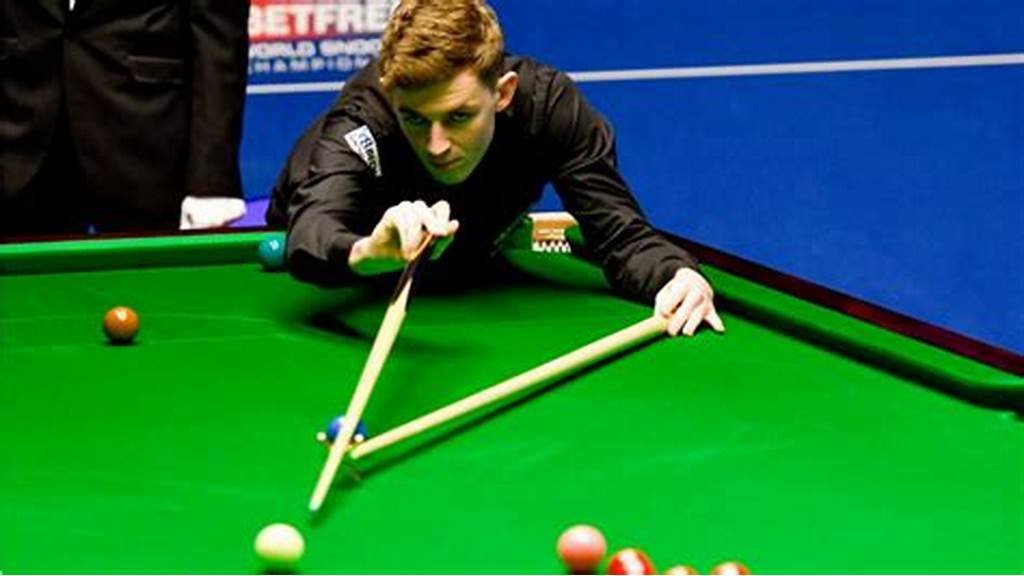
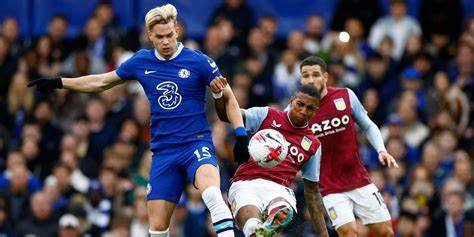

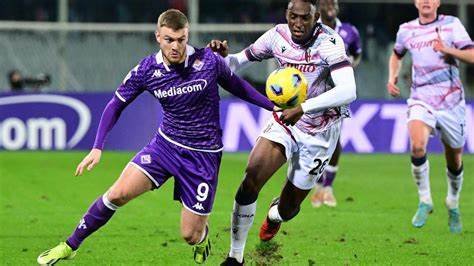
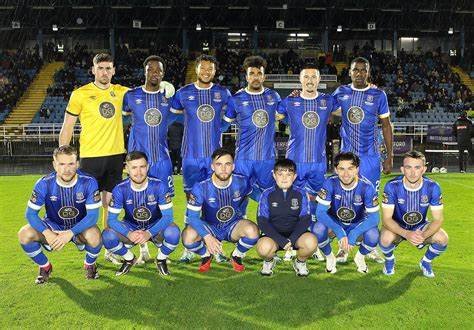
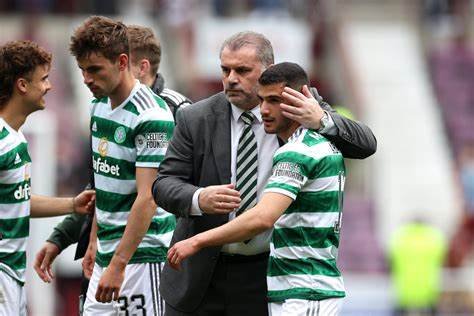


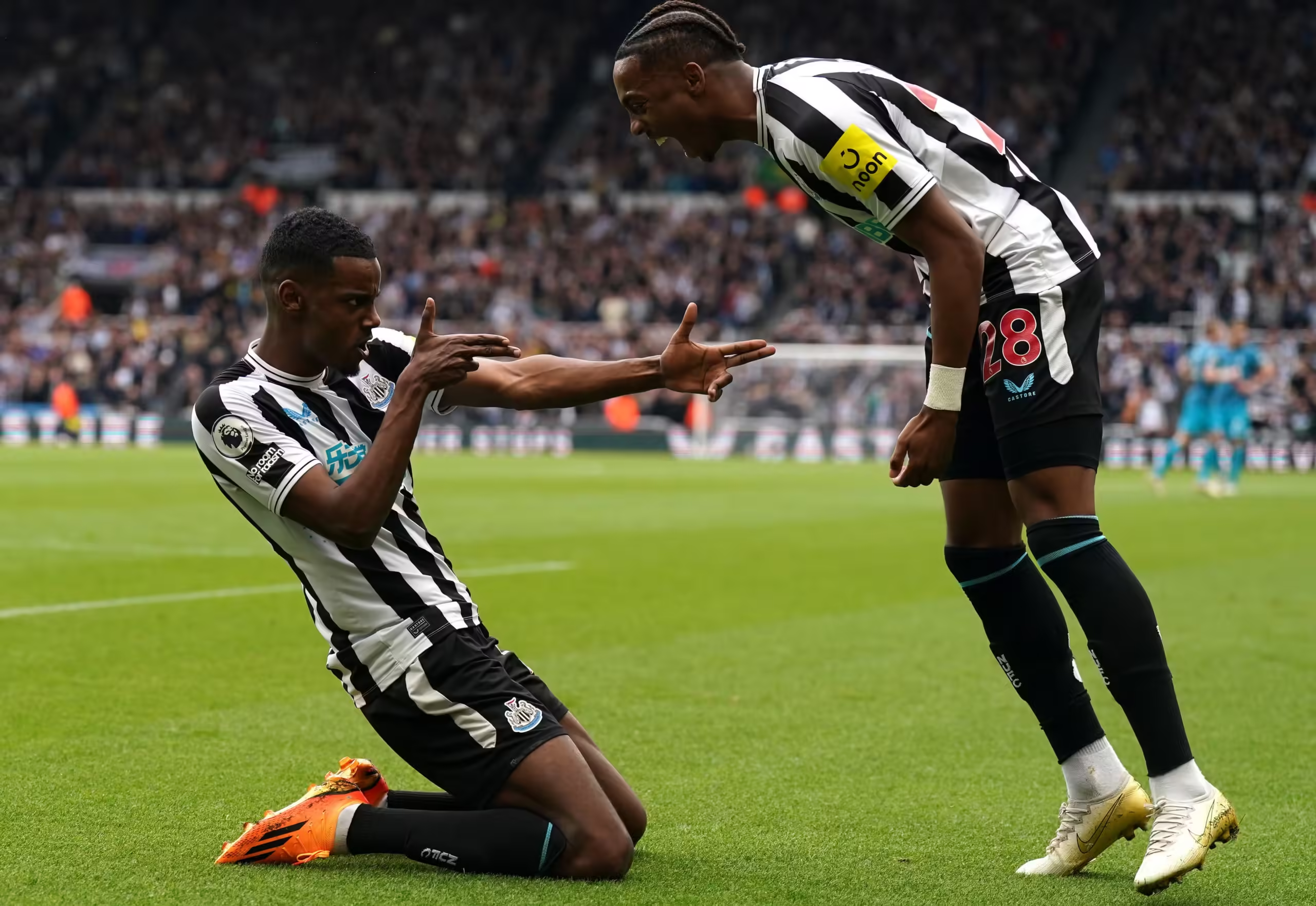

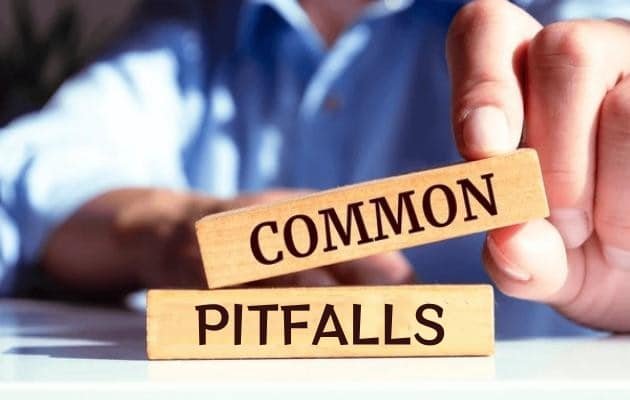
Leave a Reply